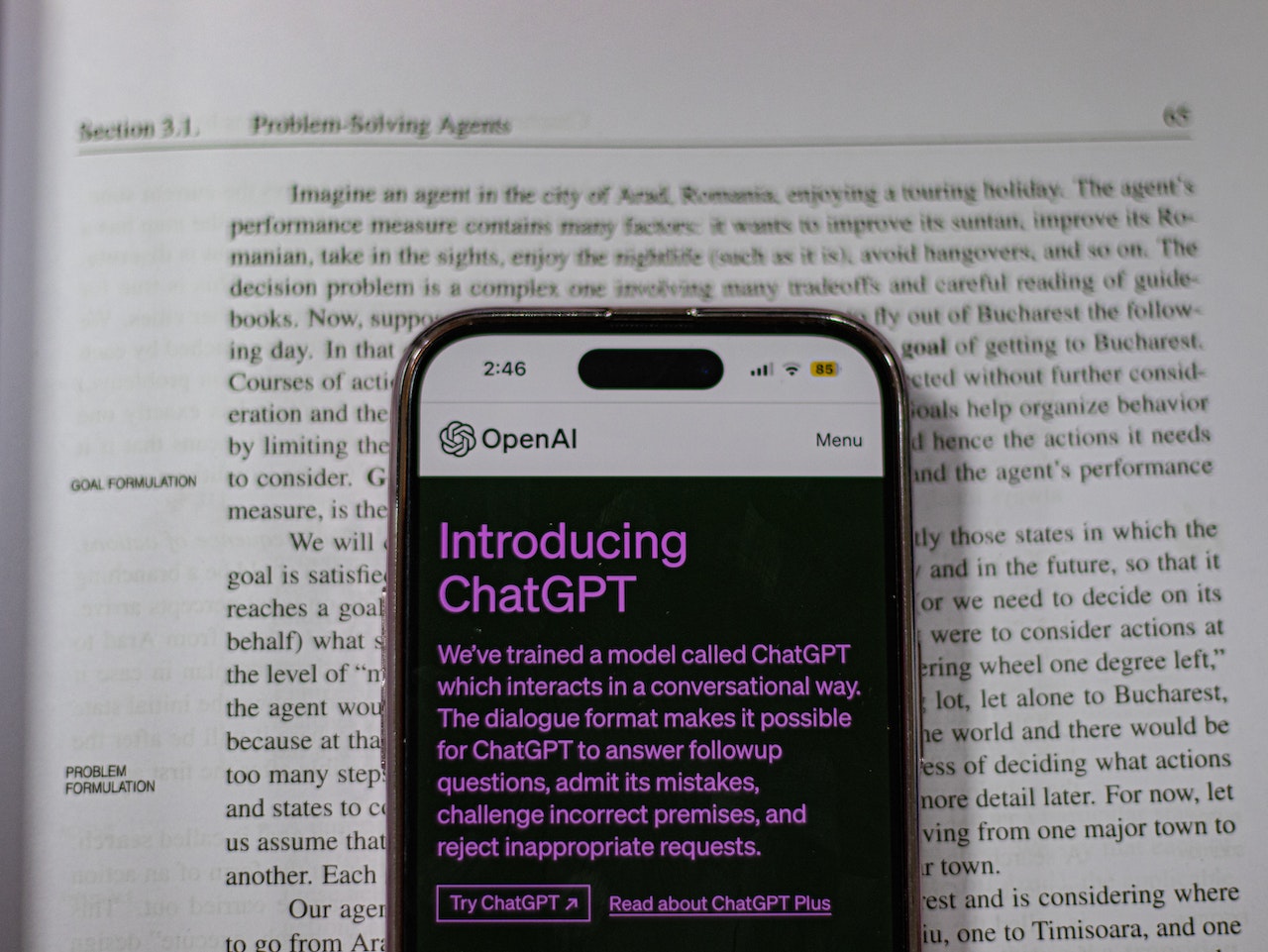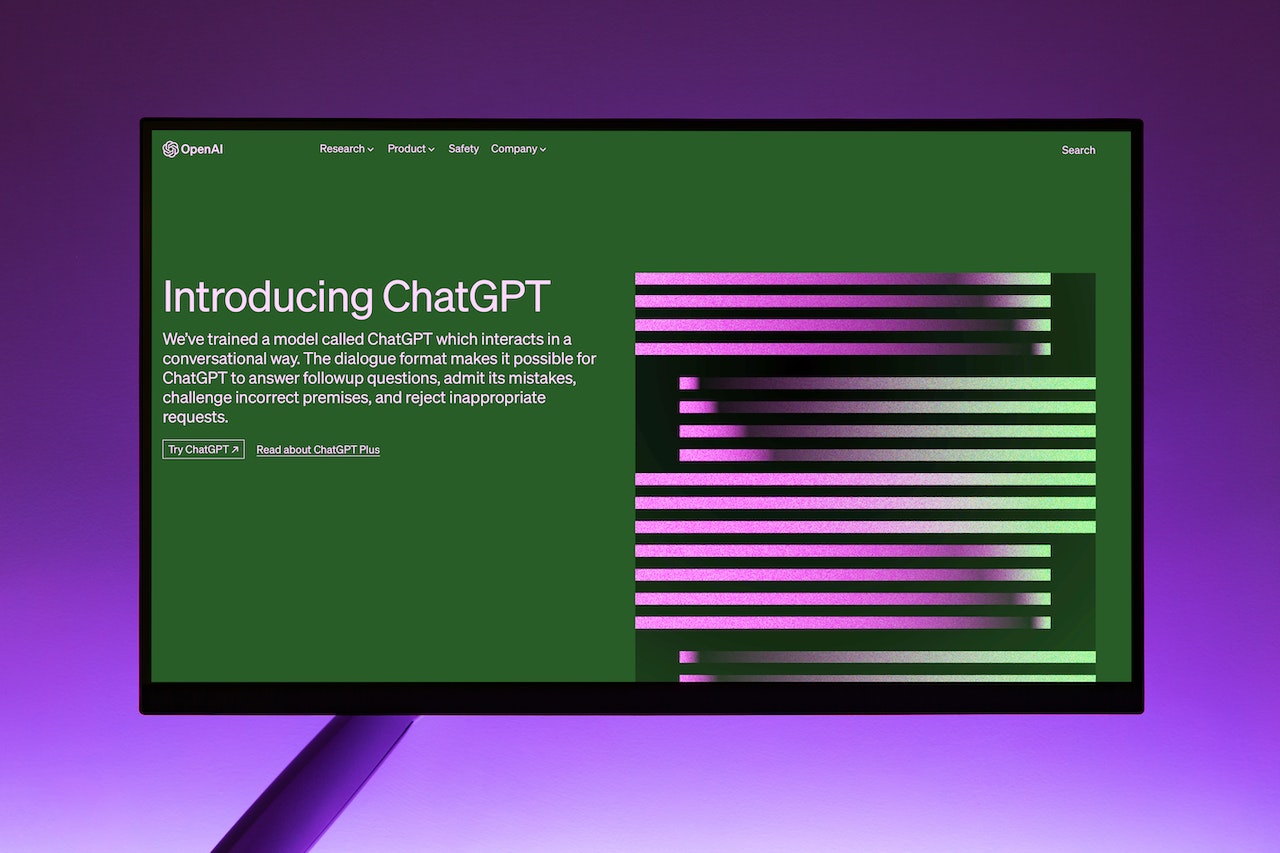In recent years, artificial intelligence (AI) has revolutionized various industries, and the tourism sector is no exception. ChatGPT, powered by OpenAI’s advanced language model, is a valuable tool that can enhance the tourism experience for both travelers and businesses. In this article, we will explore how to effectively utilize ChatGPT for tourism purposes. From trip planning and personalized recommendations to virtual assistants and language translation, ChatGPT offers a wide range of possibilities that can elevate the way we explore the world.
The advancement of AI technology has given rise to powerful language models like ChatGPT. With its natural language processing capabilities, ChatGPT can understand and respond to user queries, making it an ideal tool for tourism-related activities. Whether you are planning a trip, seeking recommendations, or needing assistance while traveling, ChatGPT can be your reliable virtual companion.
Understanding ChatGPT
ChatGPT is an AI-based conversational model designed to generate human-like responses. It has been trained on a vast amount of text data, allowing it to understand and generate contextually relevant content. By leveraging this technology, the tourism industry can provide personalized and interactive experiences to travelers worldwide.
Trip Planning with ChatGPT
1.Gathering Destination Information
One of the primary uses of ChatGPT in tourism is to gather detailed information about destinations. Travelers can ask questions about specific locations, such as popular landmarks, local culture, transportation options, and more. ChatGPT can provide comprehensive answers, giving users valuable insights to plan their trips effectively.
2.Customizing Itineraries
ChatGPT can assist travelers in creating personalized itineraries based on their preferences and interests. By analyzing the user’s inputs, such as desired activities, budget, and duration of stay, ChatGPT can generate tailored recommendations for sightseeing, dining, and other attractions.
3. Recommending Attractions and Activities
With its vast knowledge base, ChatGPT can suggest lesser-known attractions and activities that align with a traveler’s preferences. By offering unique experiences, ChatGPT helps tourists discover hidden gems and explore destinations from a different perspective.
Enhancing Communication
1. Language Translation
Language barriers often pose challenges for travelers in foreign countries. ChatGPT can act as a real-time language translator, assisting users in communicating with locals. By providing instant translations and facilitating conversations, ChatGPT makes interactions seamless and enhances cross-cultural experiences.
2. Language Learning
For travelers interested in learning new languages, ChatGPT can serve as a language learning companion. Users can engage in conversations with ChatGPT, practicing their language skills and receiving feedback on grammar, vocabulary, and pronunciation.
3. Assisting Tour Guides
Tour guides can leverage ChatGPT as a valuable tool during guided tours. It can provide additional information, historical facts, and anecdotes, enriching the visitor’s experience. ChatGPT can also answer questions from tour participants, ensuring a more engaging and informative journey.
Providing Virtual Assistance
1. Answering Frequently Asked Questions
ChatGPT can handle common inquiries from travelers, acting as a virtual helpdesk. It can provide information about accommodation options, transportation services, visa requirements, and other essential travel details. This saves time for both tourists and travel agencies, enabling them to focus on more complex inquiries.
2. Offering Real-Time Recommendations
While exploring a destination, travelers often seek real-time recommendations for dining, entertainment, and nearby attractions. ChatGPT can suggest popular venues, events, and activities based on the user’s location and preferences, ensuring a memorable and customized travel experience.
Ensuring Safety and Accessibility
1. Safety Tips and Alerts
Safety is a critical aspect of any travel experience. ChatGPT can provide travelers with safety tips, emergency contact information, and alerts about potential risks or disruptions. By keeping users informed, ChatGPT helps ensure a secure and worry-free journey.
2. Accessibility Information
For individuals with specific accessibility needs, ChatGPT can offer information on accessible facilities, accommodations, and transportation options. By promoting inclusivity and assisting travelers with disabilities, ChatGPT contributes to creating a more accessible tourism environment.
Conclusion
ChatGPT has emerged as a powerful tool for enhancing the tourism industry. With its ability to understand and generate human-like responses, it can assist travelers in trip planning, provide personalized recommendations, bridge language barriers, offer virtual assistance, and ensure safety and accessibility. By incorporating ChatGPT into tourism services, businesses can deliver exceptional experiences that cater to the unique needs and preferences of each traveler.
FAQs (Frequently Asked Questions)
- Can ChatGPT replace human tour guides?
- While ChatGPT can provide valuable information and insights, human tour guides offer personalized interactions and deeper cultural understanding. ChatGPT can supplement the services of tour guides but cannot entirely replace them.
- Is ChatGPT available in multiple languages?
- Yes, ChatGPT supports multiple languages and can assist travelers in their preferred language for a more inclusive experience.
- Is ChatGPT accessible for individuals with disabilities?
- ChatGPT can provide accessibility information and cater to the needs of individuals with disabilities. However, it is essential for travel service providers to ensure physical accessibility on-site.
- How accurate are the recommendations provided by ChatGPT?
- ChatGPT generates recommendations based on the input provided by users and its vast knowledge base. While it strives for accuracy, the final decision should be based on individual preferences and additional research.
- Can ChatGPT be used offline?
- No, ChatGPT requires an internet connection to function as it relies on cloud-based servers for processing and generating responses.
In conclusion, ChatGPT offers tremendous potential for transforming the tourism industry. From trip planning and real-time recommendations to language translation and virtual assistance, its capabilities are vast. By leveraging the power of ChatGPT, travelers can enjoy more personalized, engaging, and seamless experiences, making their journeys memorable and fulfilling.





